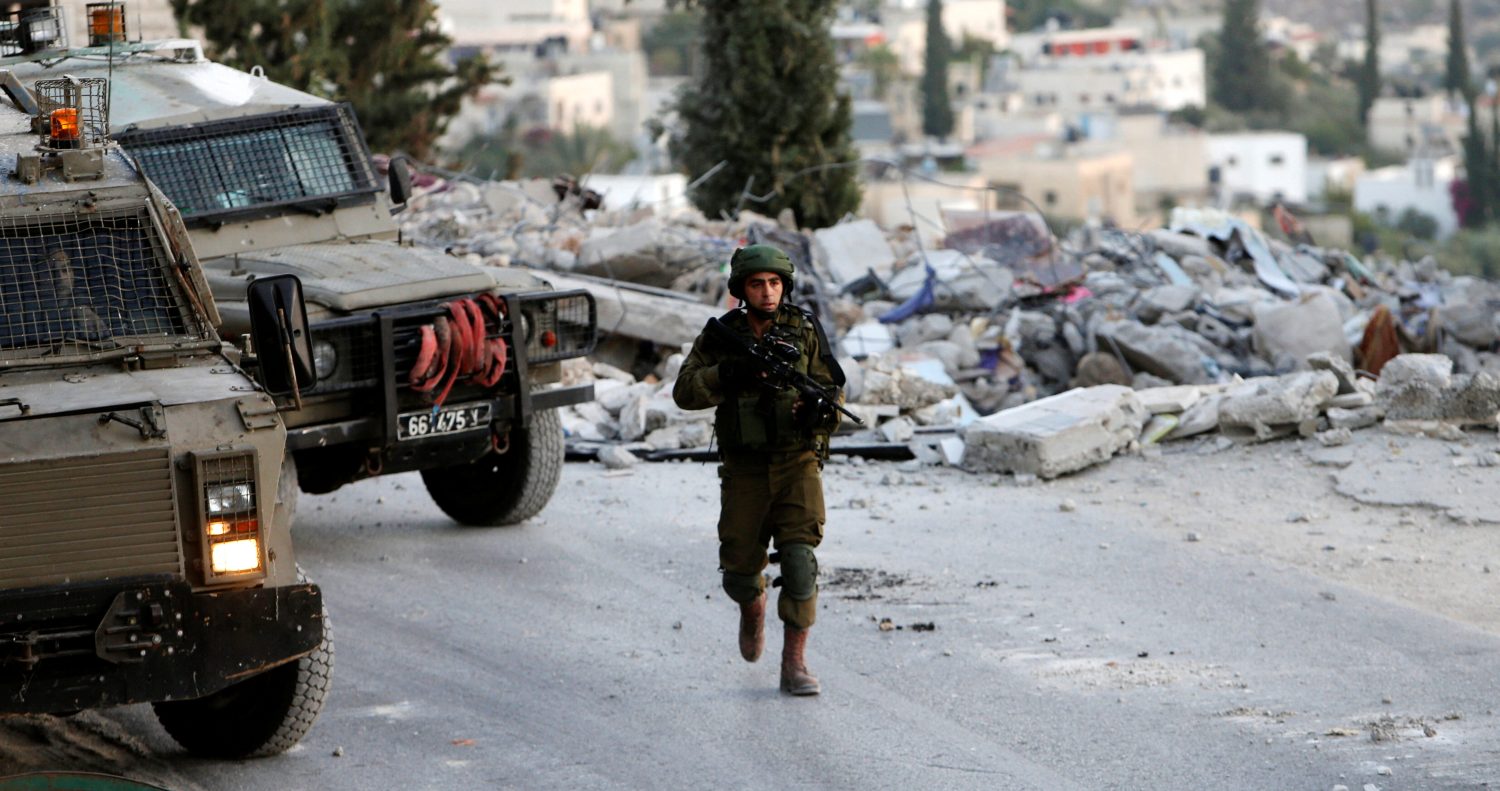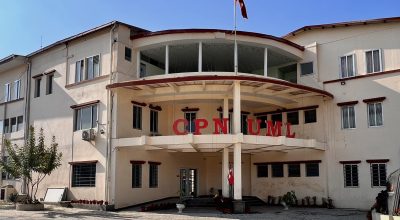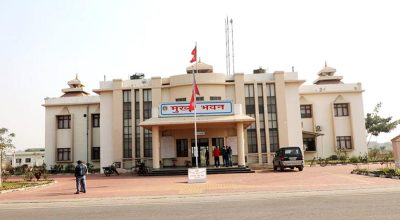
JERUSALEM– It is hard to imagine that anyone in the Levant or the broader Middle East managed to sleep on Saturday night, as Iran launched hundreds of drones and ballistic missiles toward strategic sites in Israel and Israeli settlements in the occupied West Bank.
Almost all of the drones and missiles were intercepted before reaching their targets, as a result of a coordinated effort by the United States, Israel, Jordan, and the United Kingdom. The trigger for Saturday’s attack was Israel’s bombing of the Iranian consulate in Damascus on April 1, which killed 13 people, including several high-ranking members of Iran’s Islamic Revolutionary Guard Corps. This act, a clear violation of the 1961 Vienna Convention on Diplomatic Relations, compelled the Islamic Republic to respond.
Iran chose to strike Israel directly, a decision likely driven by a desire to defend its national pride following the attack its consulate, which, according to the Vienna Convention, is the Islamic Republic’s sovereign territory.
Paradoxically, this dangerous escalation presents a unique opportunity for a regional ceasefire – potentially ending the war between Israel and Hamas, preventing a direct military showdown between Israel and Iran, and stopping the Yemeni Houthi attacks on commercial vessels in the Red Sea. With both sides having demonstrated their military capabilities, and assuming that Israeli Prime Minister Binyamin Netanyahu heeds US President Joe Biden’s warning not to retaliate against Iran, the region could revert to an uneasy equilibrium. As the Cold War showed, a balance of terror can act as a powerful deterrent, fostering peace and stability.
But to capitalize on this narrow window of opportunity, the United Nations Security Council must pass a robust, binding resolution calling for a regional ceasefire. In addition to Israel and Iran, this resolution should apply to all the countries of the region and third-party combatants.
Moreover, this binding resolution must address the central issue driving the current bout of regional instability – the war in Gaza. In line with its previous March 25 resolution, from which the US abstained, the Security Council must demand an immediate cessation of Israel’s ongoing bombardment of Gaza and the release of all Israeli hostages and detainees. By requiring both parties to “comply with their obligations under international law in relation to all persons they detain,” the resolution could also facilitate a release of Palestinians detained by Israel.
Contrary to the claims of some US representatives, the March 25 resolution was binding. But given the risk of an all-out war, the Security Council must immediately draft and vote on a new resolution, under Chapter 7 of the UN Charter, covering the entire region. The new resolution should aim to facilitate a permanent and just solution to the Israeli-Palestinian conflict, providing a detailed roadmap for establishing an independent Palestinian state based on the 1967 borders. As Saudi Arabia has stated, a credible “pathway to a solution” is a precondition for normalizing relations with Israel.
Over the past six months, the Biden administration has backed Israel unreservedly, even at the cost of losing political support among progressive and Arab-American voters. Now, US policymakers must make the Israeli government understand that they will not tolerate further delays or gamesmanship when it comes to pursuing peace.
To be sure, rebuilding Gaza will take years and require a significant international effort. But achieving an effective, enforceable regional ceasefire is a crucial first step. Anything short of that risks perpetuating an endless cycle of war and suffering that benefits no one, especially not the Palestinians and Israelis, who are tired of this decades-old conflict.
The bombing of the Iranian consulate and Iran’s retaliatory attack on Israel underscore the potential cost of a regional war. Failing to seize this critical opportunity for de-escalation could hold the region back for decades. Securing an immediate regional ceasefire must be the international community’s top priority.
Daoud Kuttab, an award-winning Palestinian journalist, is a former journalism professor at Princeton University and former director and Founder of the Institute of Modern Media at Al-Quds University in Ramallah. #nepal
Copyright: Project Syndicate, 2024.
www.project-syndicate.org















